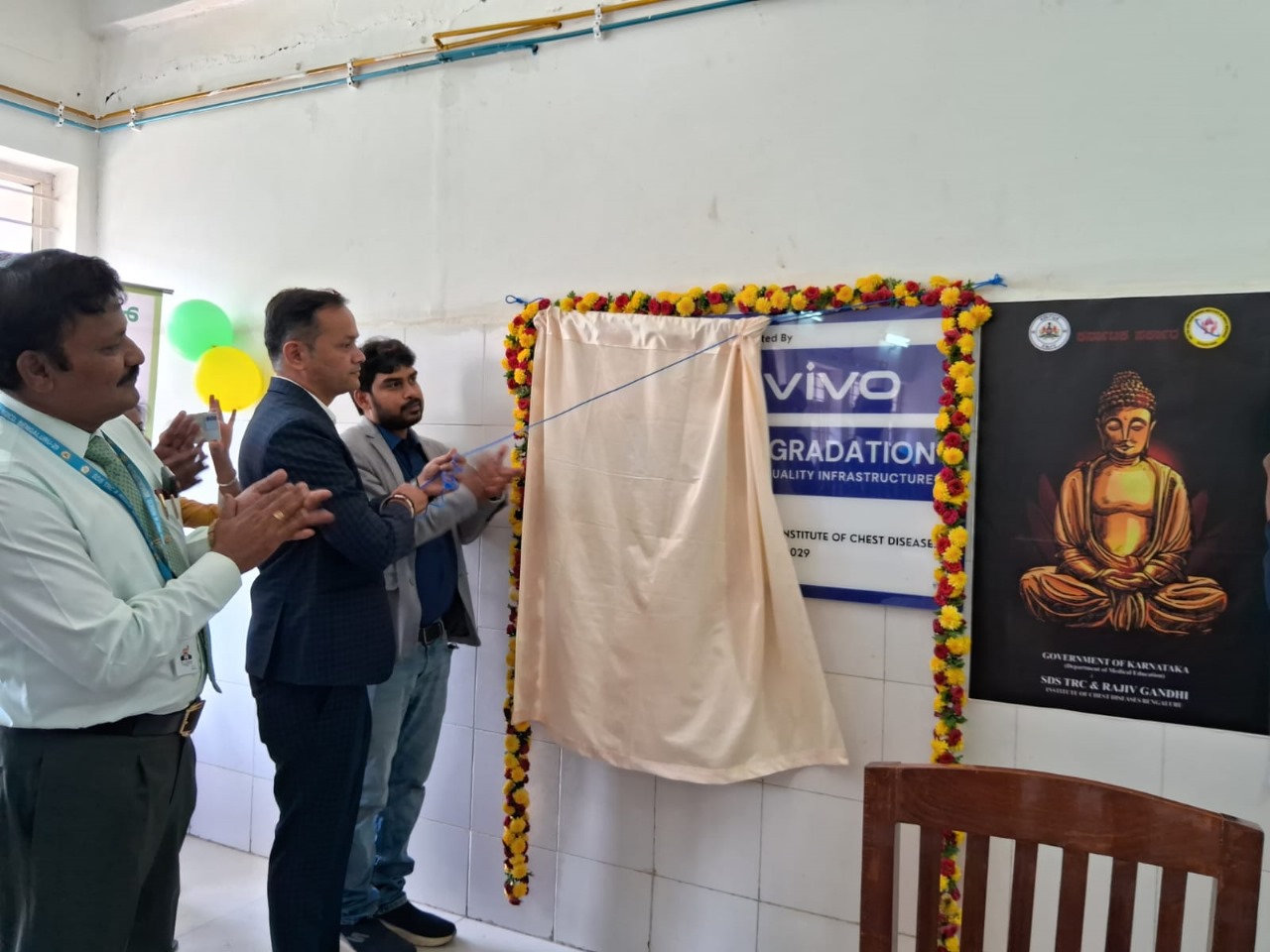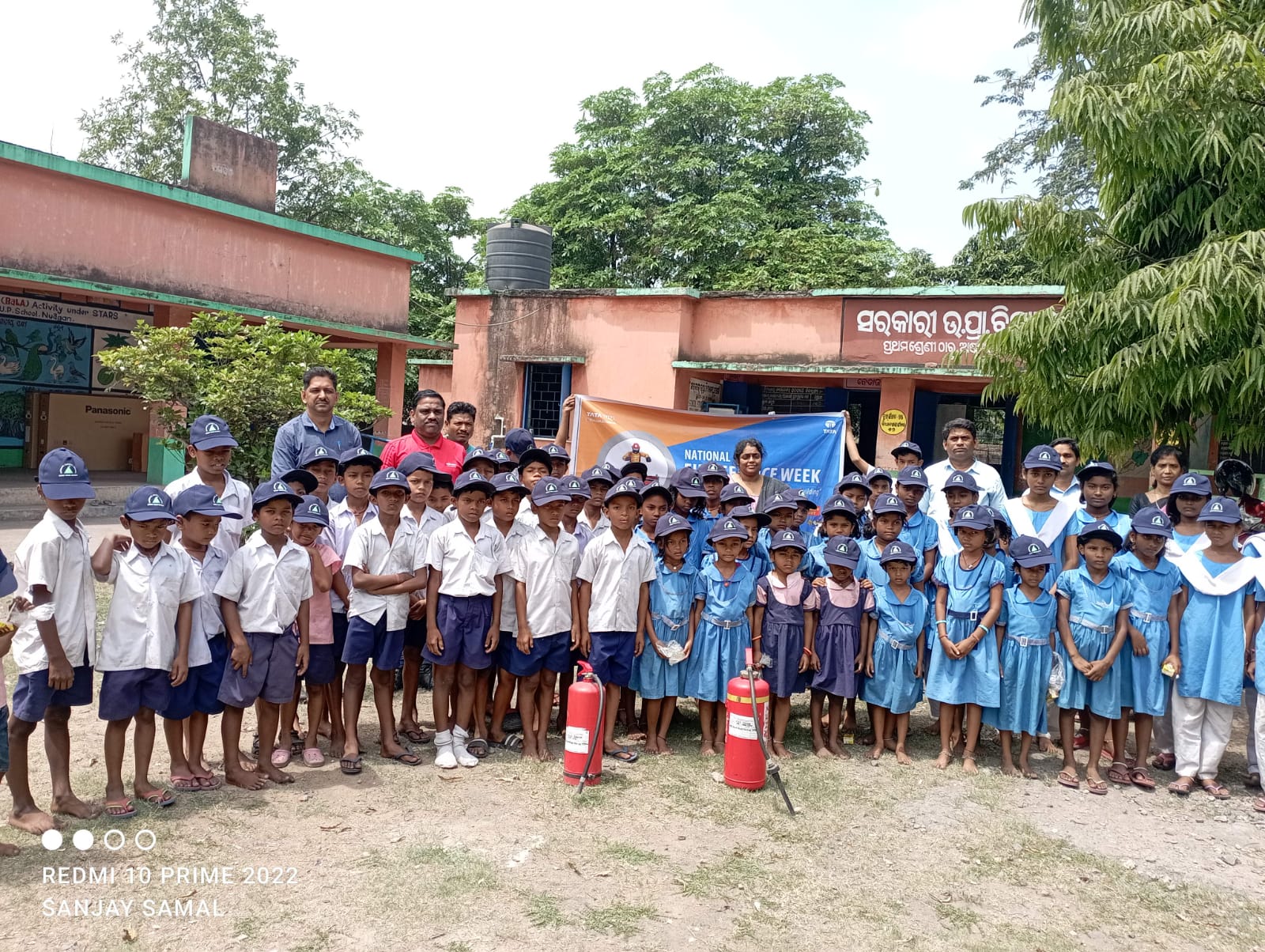Subscribe our Weekly Newsletter
Applications Invited for UNEP Special Programme aimed at institutional strengthening for the sound management of chemicals and waste

Organization: UN Environment Programme (UNEP)
Apply By: 23 Aug 2024
Grant Amount: 275000 USD
About the Organization
The United Nations Environment Programme (UNEP) is the leading global authority on the environment. UNEP’s mission is to inspire, inform, and enable nations and peoples to improve their quality of life without compromising that of future generations. For over 50 years, UNEP has worked with governments, civil society, the private sector and UN entities to address humanity’s most pressing environmental challenges - from restoring the ozone layer to protecting the world's seas and promoting a green, inclusive economy. UNEP is driving transformational change by drilling down on the root causes of the triple planetary crisis of climate change, nature and biodiversity loss and pollution. UNEP’s work is focused on helping countries transition to low-carbon and resource-efficient economies, strengthening environmental governance and law, safeguarding ecosystems, and providing evidence-based data to inform policy decisions. Through cutting-edge science, coordination and advocacy, UNEP supports its 193 Member States to achieve the Sustainable Development Goals and live in harmony with nature.
And this work has never been more critical.
About the Grant
The Special Programme issues periodic calls for applications for funding of projects aimed at institutional strengthening for the sound management of chemicals and waste.
The eighth round of applications is now open.
Funding is offered for projects of up to USD 275,000 (exceptionally, and subject to additional appraisal criteria, up to USD 500,000) with a co-financing requirement of at least 25% of the amount requested, which can be provided in kind.
Project proposals should adopt a cross-cutting approach that seeks to enhance implementation of the Basel, Rotterdam and Stockholm Conventions, the Minamata Convention and the Global Framework on Chemicals.
What is the Special Programme –
Strengthening sound management of chemicals and wastes in the long term is essential for sustainable development. The 2030 Agenda for Sustainable Development and its 17 Sustainable Development Goals were adopted by the General Assembly of the United Nations in September 2015. The integration of sound management of chemicals and waste5 into the 2030 Agenda for Sustainable Development is a major achievement. Therefore, by linking the Special Programme with the economic, environmental and social development agenda, it creates an incentive to facilitate the implementation of the international chemicals and waste related multilateral environmental agreements, specifically the Basel, Rotterdam and Stockholm Conventions, and the Minamata Convention, as well as the Global Framework on Chemicals.
The objective of the Special Programme is to support country-driven institutional strengthening at the national level, in the context of an integrated approach to address the financing of the sound management of chemicals and wastes, taking into account the national development strategies, plans and priorities of each country, to increase sustainable public institutional capacity for the sound management of chemicals and wastes throughout their life cycle. Institutional strengthening under the Special Programme will facilitate and enable the implementation of the Basel, Rotterdam and Stockholm Conventions, the Minamata Convention and the Global Framework on Chemicals.
The expected outcome of the Special Programme is to strengthen the capacities of national institutions to do the following:
- Develop and monitor the implementation of national policies, strategies, programmes and legislation for the sound management of chemicals and waste;
- Promote the adoption, monitoring and enforcement of legislation and regulatory frameworks for the sound management of chemicals and waste;
- Promote the mainstreaming of the sound management of chemicals and waste into national development plans, national budgets, policies, legislation and implementation frameworks at all levels, including addressing gaps and avoiding duplication;
- Work in a multisectoral, effective, efficient, transparent, accountable and sustainable manner in the long term;
- Facilitate multisectoral and multi-stakeholder cooperation and coordination at the national level;
- Promote private sector responsibility, accountability and involvement;
- Promote the effective implementation of the Basel, Rotterdam and Stockholm Conventions, the Minamata Convention and the Global Framework on Chemicals;
- Promote cooperative and coordinated implementation of the Basel, Rotterdam, and Stockholm Conventions, the Minamata Convention and the the Global Framework on Chemicals at the national level.
A Special Programme project:
- Is a country-driven project that is conceived and implemented by the applicant
- Builds long-term capacity in the relevant ministry or ministries
- Has a sustainable financing mechanism or a plan for ensuring long-term sustainability
- Focuses on multi-sectoral involvement
- Improves chemicals and waste management to mitigate negative impact
- Engages with private sector stakeholders
- Promotes an enabling environment to foster the ratification and implementation of the Basel, Rotterdam and Stockholm Conventions, the Minamata Convention and implementation of the Global Framework on Chemicals in a cross-cutting approach.
- Coordinates the implementation of policies, strategies and national programmes for the sound management of chemicals and waste
- Has a gender mainstreaming component and promotes consideration of gender and UNEP safeguards standards
- Emphasizes gender-disaggregated data collection where relevant
- Creates synergies with other related initiatives in the country in the context of the ongoing reform of the United Nations Development System
Eligibility
Eligible Governments can apply to the Special Programme. “Governments” specifically refers to the national government ministry or department in charge of the chemicals and waste agenda at the national level. Affiliations of Governments and local governments are not eligible.
Countries should refer to paragraph 6 of the Terms of Reference for eligibility which states that “Support from the Special Programme will be available for developing countries, taking into account the special needs of least developed countries and small island developing States, and for countries with economies in transition6 , with priority given to those with least capacity”.
How to Apply
Applications must include:
- The duly signed Project application form
- A Project budget form
- Endorsement letter from the Official focal point
- Letters of support from the project partners confirming its/their role(s)
- Projects with an implementing organization/institution, a letter from the organization/institution confirming its role (if relevant)
- Annexes providing any relevant additional information regarding the measures and activities to be funded
Applications must be submitted in English only.
Complete application packages should be sent electronically in Word and PDF versions to: unepchemicalsspecialprogramme@un.org
Closing date: 23 August 2024.
For more information please check the Link
Stay in the loop with the newest RFPs and Grants through NGOBOX's WhatsApp Channel. Join now by clicking here!
Latest Online Store
Latest Tenders And EOIs
Latest News
© Renalysis Consultants Pvt Ltd
























